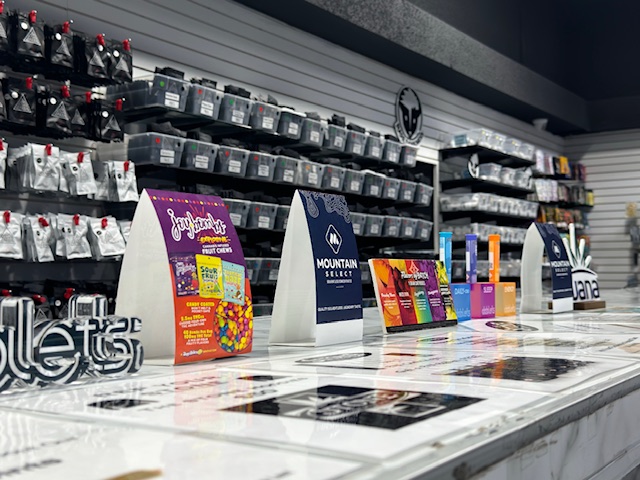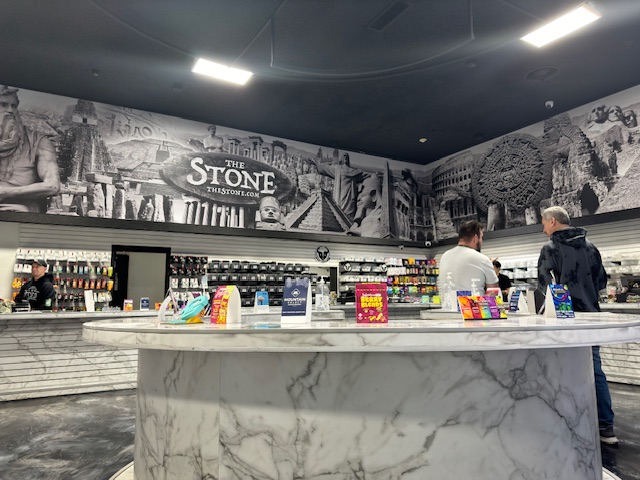
This website is for users aged 21 and over. Please confirm your age.
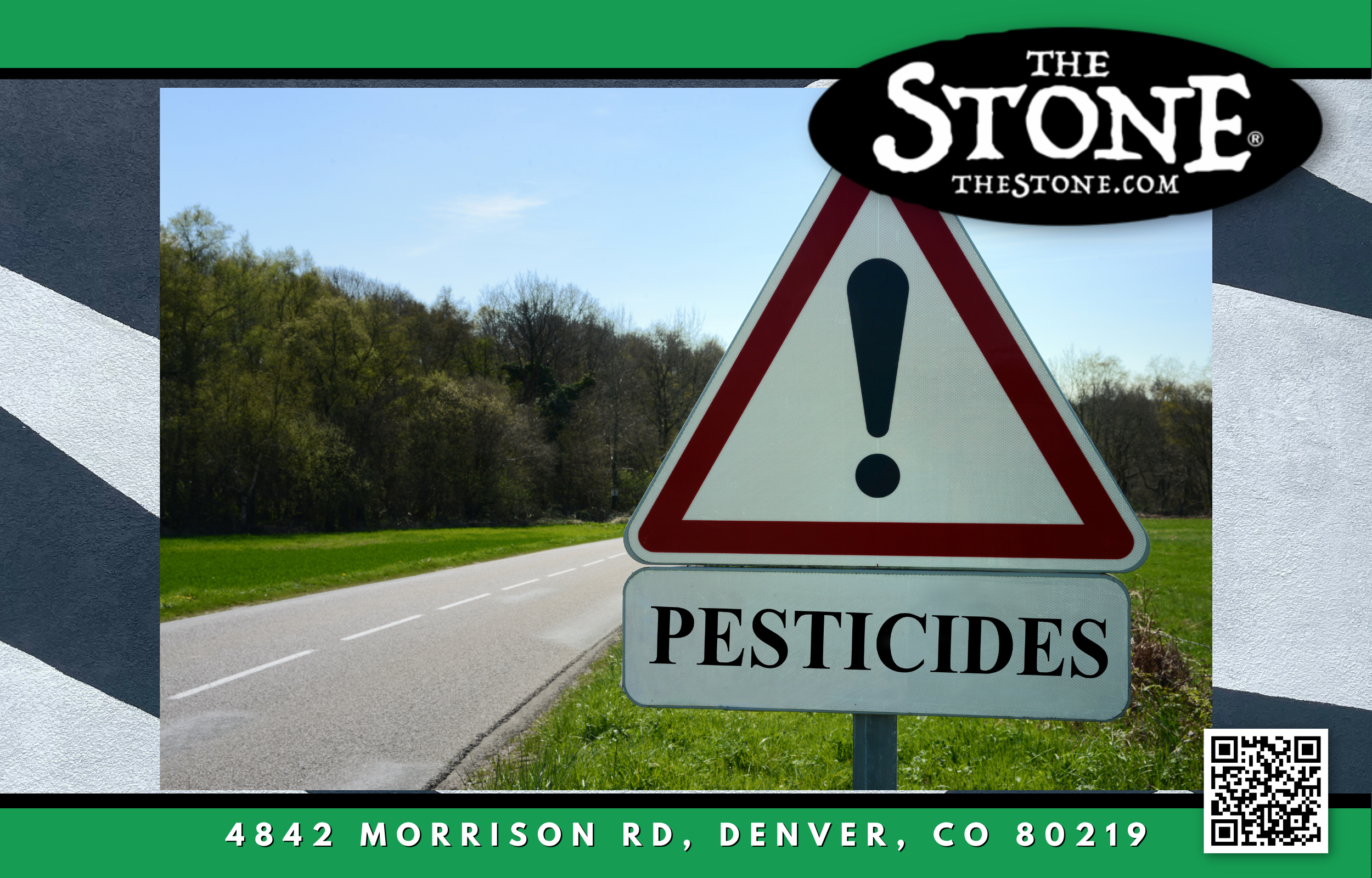
Pesticides are used in many different settings; this includes agricultural production to home gardens. While they can be very effective at controlling pests, it is crucial to choose pesticides that are safe for pets and humans. Some can be very harmful if they are not used properly.
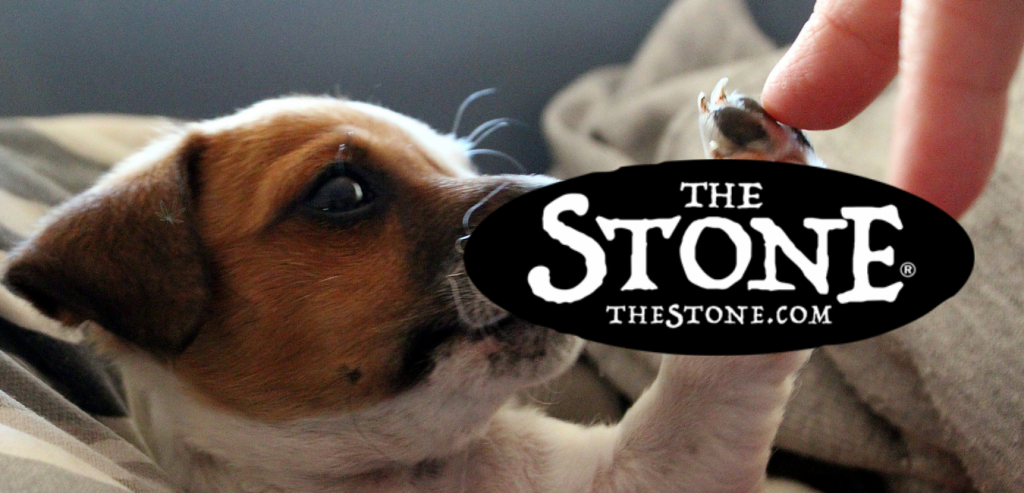
There are several things to consider when choosing a pesticide. First, you should identify the pest that you are trying to control. This will help you select a specifically designed product for that pest. Second, you should read the label carefully to ensure that the product is safe for humans and pets. Third, you should follow the directions on the label precisely to ensure safety.
They can be hazardous if they are not used properly. If you have any questions about using a pesticide, you should contact your local extension office or the product’s manufacturer.
Choosing products that are safe for humans cannot be overstated. When used correctly, pesticides can be an effective tool for pest control. However, it is vital to choose safe products for humans and pets and to follow the directions on the label carefully. This way you can ensure that everyone stays safe.
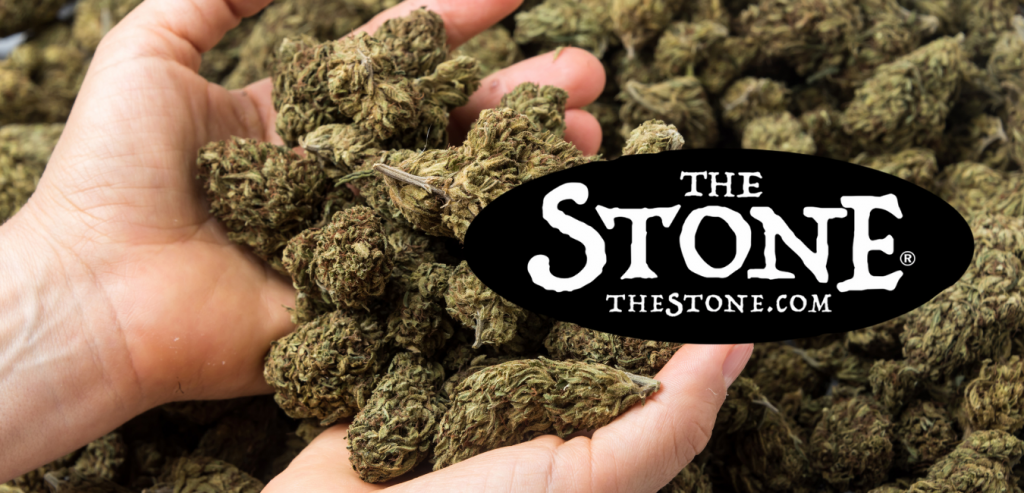
Pesticides are a necessary part of keeping our homes and yards free of pests, but it’s essential to choose safe products for our furry friends. Some can be highly toxic to dogs if ingested, inhaled, or absorbed through the skin. Symptoms of pesticide poisoning in dogs can range from mild ( gastrointestinal upset) to severe (seizures, tremors, and death). Contact your veterinarian or local animal hospital immediately If you suspect your dog has been exposed to a pesticide
There are several factors to consider when choosing a safe pesticide for dogs.
They are an essential part of pest control, but it’s essential to choose safe products for our furry friends. By following these simple tips, you can help keep your dog safe from harm.
As a pet owner, it’s essential to be aware of the potential dangers that certain household products can pose to your furry friend. One typical example is pesticides. While these products can effectively get rid of pests, they can also be very harmful to cats if they’re not used properly.
There are two main types: chemical and biological. Chemical pesticides are made from synthetic materials and are designed to kill pests by poisoning them. On the other hand, natural pesticides use living organisms (such as bacteria or fungi) to control pests.
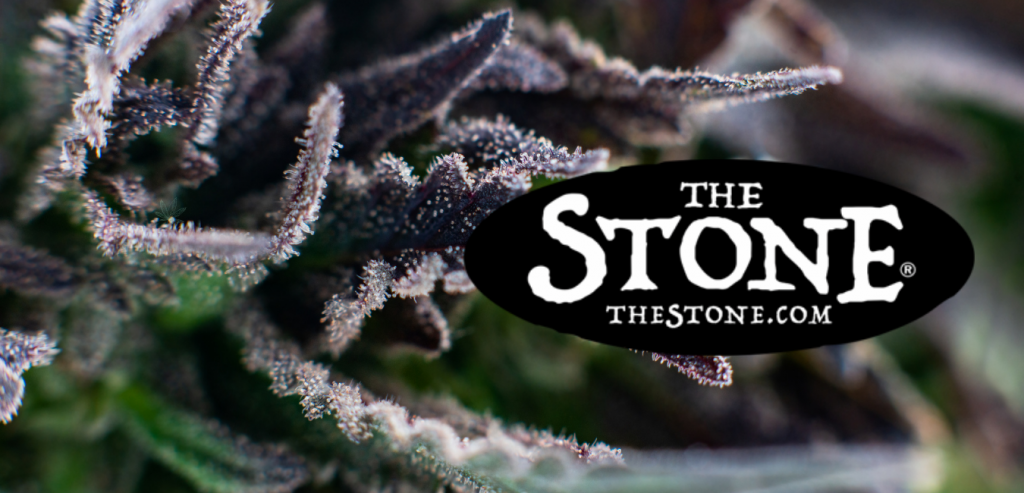
For example, if a cat ingests a chemical pesticide, it could suffer from serious health problems like organ damage or death. And if a cat comes into contact with a biological pesticide, it could be infected with the bacteria or fungi used to kill pests.
That’s why it’s so important when choosing products for cats. When using any pesticide, follow the instructions carefully and keep your cat away from the area where the product is being used. If you have any concerns about a particular pesticide, talk to your veterinarian before using it.
Taking these precautions can help keep your cat safe from harm and ensure that your home is pest-free.
Birds are among the most popular and beloved animals globally, and they play an essential role in the ecosystem. Unfortunately, they are also one of the animals most affected by pesticide use. It can kill birds directly or cause long-term problems such as reproductive failure or neurological damage.
Most pesticides are designed to be toxic to the pests they are meant to control, but many of them also have harmful effects on other organisms, including birds. Some pesticides are specifically designed to be lethal to birds. For example, avitrol is a pesticide used to control pigeons and other nuisance birds. When avitrol is eaten by a bird, it causes convulsions and death.
They can eat pesticide-treated seeds, drink contaminated water, or eat insects that pesticides have killed. Birds can also be exposed to pesticides when they breathe in dust particles or come into contact with treated surfaces.
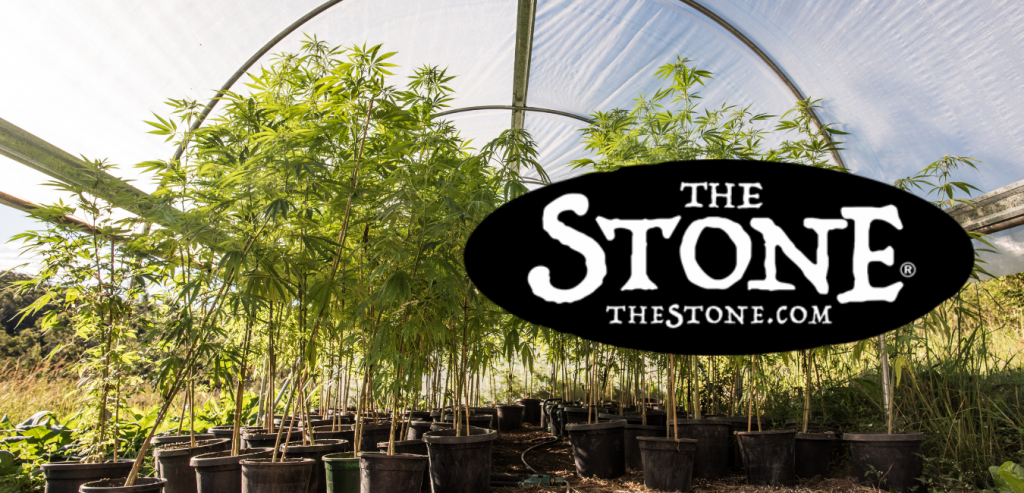
The effects of pesticides on birds depend on many factors, including the type of pesticide, the dose, the method of exposure, and the age and health of the bird. Pesticides can cause acute or chronic toxicity in birds. Acute toxicity occurs when a bird is exposed to a high dose of pesticide and dies within a few hours or days. Chronic toxicity occurs when a bird is exposed to small quantities of pesticide over a long period and experiences health problems such as reproductive failure or neurological damage.
There are some ways to reduce the risks to birds. The best way to protect birds is to avoid using chemicals altogether. If you must use them, choose less toxic ones for birds and use them only when necessary. Follow the label directions carefully and always wear protective clothing when handling chemicals.
Pesticides can have harmful effects on birds, but there are ways to minimize the risks. By choosing less toxic products and using them only when necessary, you can help keep our feathered friends safe.
The ideal temperature range for producing the best tasting weed is between 70 and 80 degrees Fahrenheit. This temperature range allows for the proper development of the plant’s terpenes, which are responsible for the plant’s flavor and aroma. Too high or too low of a temperature can negatively impact the plant’s terpene production, leading to an inferior product.
Weed grown in optimal temperatures will have a more pronounced flavor and aroma and higher overall potency. The THC levels in the plant will also be increased, making for a more potent final product. If you are looking to grow the best possible weed, then make sure to keep your plants within this temperature range. You’ll be sure to produce some of the tastiest and most potent weed around!
We warmly welcome you to explore our highly acclaimed strains, concentrates, and edibles. Serving recreational clients with pride is our passion.
At our dispensary, you'll find a professional yet inviting atmosphere that prioritizes your comfort and privacy. Feel free to stop by at your earliest convenience to experience it for yourself. We can't wait to serve you!
